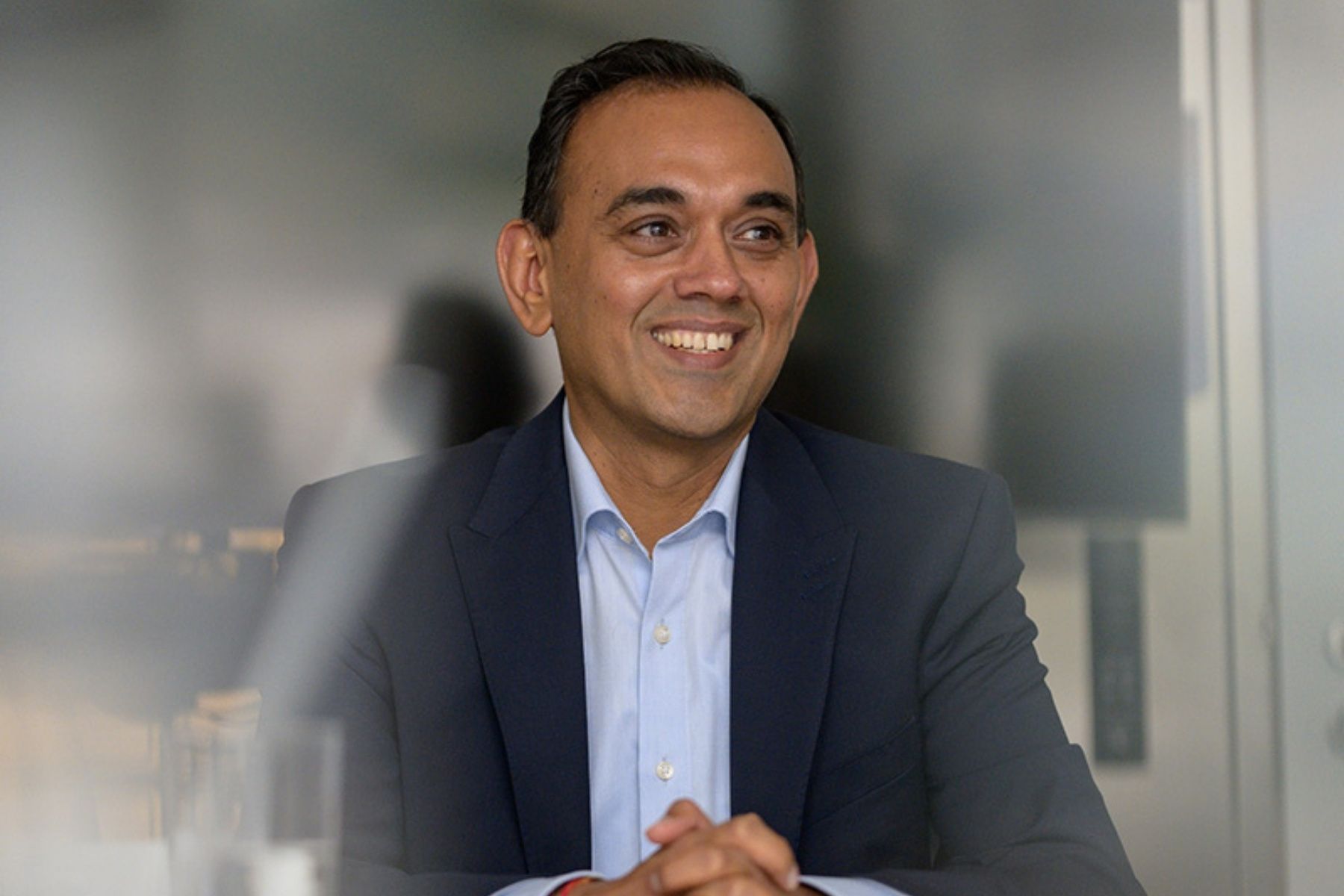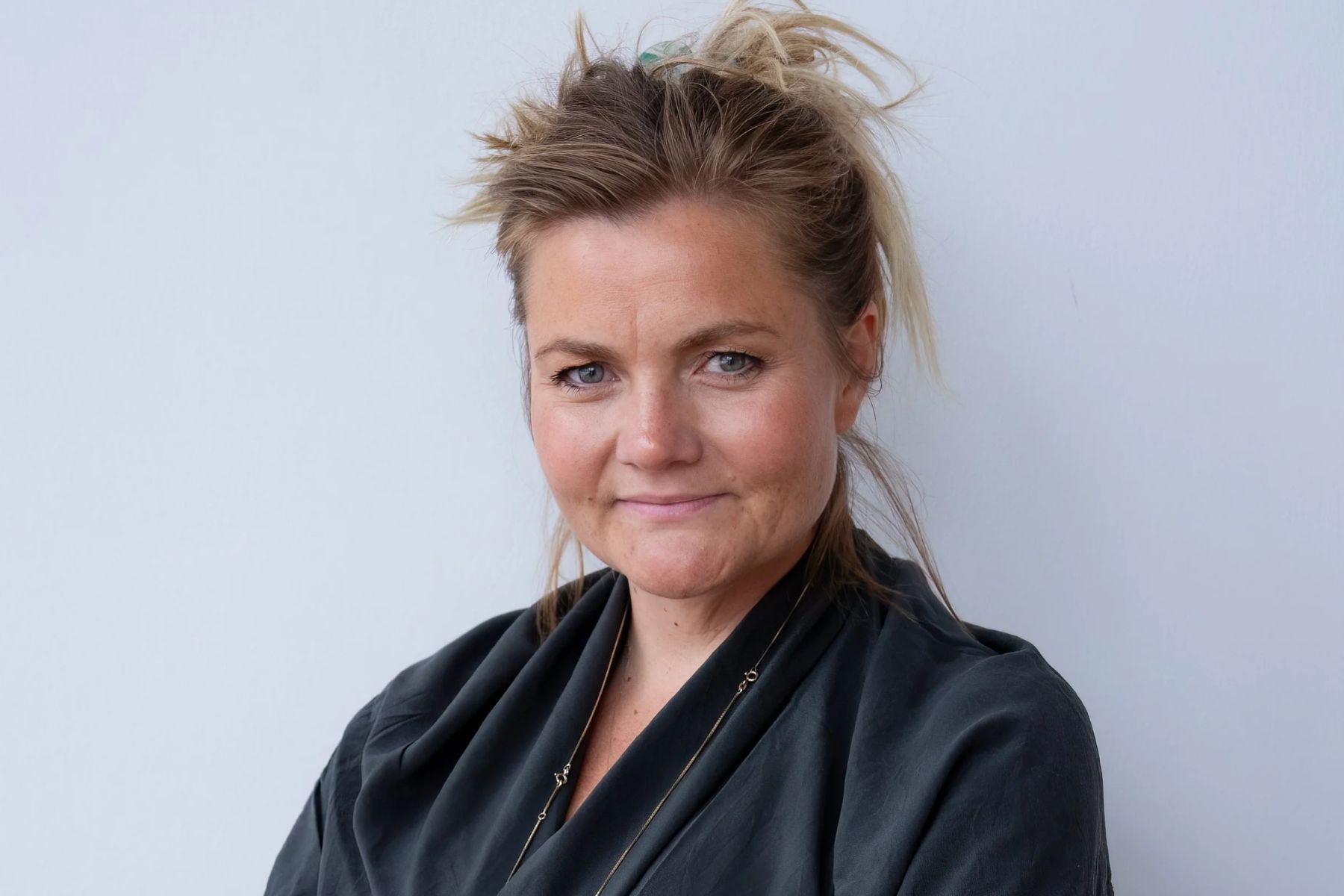Bootstrapped during COVID, now €22m strong: Inside Metafuels' secret sauce for greener jet fuel
When COVID-19 shut down the world, carbon capture expert Saurabh Kapoor started plotting his first startup. He wanted to turn his expertise into something useful – and with real impact.<br><br>“All roads more or less led to sustainable aviation fuel (SAF),” Kapoor tells Impact Loop.<br><br>We explore:<br>—> How Metafuels plans to scale its "Aerobrew" clean jet fuel<br>—> How picking patient investors is crucial to building in climate tech<br>—> And the enormity of the SAF challenge<br><br>
.png)

When COVID-19 grounded planes, it also grounded Saurabh Kapoor. Then a consultant advising industrial clients on decarbonisation, Kapoor suddenly had time to step back.
“Consulting was soul-destroying at times,” he tells Impact Loop. “You write reports, they sit on a shelf, and nothing happens. I knew I wanted to do something more tangible.”
Alongside colleagues Leigh Hackett and Ulrich Koss, Kapoor took the space the pandemic afforded to ponder ideas for a new venture. The partners had worked together for over a decade developing carbon capture and storage projects, and began pondering one simple question: if you don’t bury captured carbon, what’s the best use for it?
“All roads led more or less to sustainable aviation fuel (SAF),” says Kapoor.
Jet fuel from captured carbon
The trio hit on the idea of producing jet fuel from methanol – something Kapoor says no startup had tried before.
Methanol can be made in different ways, but the greenest routes are either using biomass to create bio-methanol, or combining captured CO2 with green hydrogen to produce e-methanol.
To convert them into SAF, the liquid chemicals must be fed into a chemical reactor where they undergo catalytic reactions. The methanol molecules are rearranged to form hydrocarbons that mimic conventional jet fuel.
That fuel can be used directly in existing aircraft engines. There are some other merits too. Methanol is widely traded, meaning existing infrastructure can handle it. While the CO2 captured to make SAF is released when burned, it technically doesn’t add new emissions to the atmosphere – making it greener.
The pitch
After months of peak-pandemic research, the partners brainstormed a more efficient way to convert the methanol to the final SAF product – their secret sauce, if you will. They just called it “Aerobrew.”
When they pitched the concept to Switzerland’s Paul Scherrer Institute, they half expected to be laughed out of the room, says Kapoor. But the experts saw its scientific merit. It had never been commercialised before, they noted, which also opened the door to securing IP rights.
“It was music to our ears,” says Kapoor.
In 2021, Kapoor, Hackett, and Koss founded Metafuels and set out to bring cleaner fuel to aviation – a sector responsible for 3% of global greenhouse gas emissions.
The next challenge? Convincing investors to take the leap.
Choosing investors for the long haul
Despite the VC funding boom of 2021, where funding levels hit a historic high, Metafuels struggled to raise money.
“This is not software. You can’t move fast and break things – not when you’re putting fuel into planes,” says Kapoor. "It can be a risky bet for investors."
After two years of bootstrapping, Metafuels finally raised its seed round in 2023. The €7.4m investment was led by New York-headquartered Energy Impact Partners and Contrarian Ventures, a climate tech VC based in Lithuania.
“We have a great cap table, and they’re patient,” says Kapoor. “They understand that this will take years.”
Climate hardware startups like Metafuels often require years of R&D, lots of upfront capital, and at least two test plants before going commercial. Returns are slower and the risk of technical failure is higher. On top of that, they face regulation-heavy markets like energy and aviation, where certification can take years.
Funding for climate tech has also seen sharp drop is in the past two years. But – even as venture capital flows into AI and defence – Kapoor seems unfazed.
"It's so typical in the VC space that when something’s in vogue, everybody goes and invests there,” he says. “But it's not that the money [for climate tech] is not out there. It just takes a bit longer.”
In December, Metafuels raised another €9m funding round led by London-based VC Celsius Industries. RockCreek, Fortescue Ventures, and Verve Ventures also participated. The company has raised a total of €22m to date, according to Crunchbase data.
Getting a foot in the door
Metafuels is already taking the steps required to break into the highly regulated aviation industry. A demonstration plant in Switzerland, co-funded by the Swiss Federal Office of Energy, is close to completion. It will showcase a “tank-to-tank” process – methanol in, jet fuel out – and provide the performance data needed for certification.
The next target is Rotterdam, where the company plans to build its first near-commercial plant producing around 10 tonnes of SAF per day. The location gives it access to Europe’s largest port and existing aviation fuel infrastructure – essential for scaling.
Airlines are also being brought in early. Kapoor says the goal is to secure offtake agreements before scaling, so that regulatory, financial, and technical milestones are aligned from the start. “You can’t bulldoze your way into aviation,” he says. “You build trust, and you do it systematically.”
Nevertheless, the enormity of the challenge should not be underestimated.
A tough road ahead
The EU has set ambitious SAF mandates for the next decade, legally requiring fuel suppliers to start mixing 2% SAF into jet fuel in 2025, rising to 70% by 2050.
But scaling remains the industry’s biggest hurdle. Despite years of development, SAF accounted for just 0.3% of global jet fuel use in 2024, according to the International Air Transport Association (IATA). Airlines consumed an estimated 260 million tonnes of jet fuel that year. By comparison, Metafuels’ Rotterdam plant – producing 10 tonnes a day, every day of the year – would cover just 0.0014% of that demand.
Scaling up safely won’t be cheap or easy. Green hydrogen and captured CO₂, the key ingredients for Metafuels’ e-methanol route, remain costly and limited. Then there’s the regulatory gauntlet: SAF must pass strict certification before it can power planes, and airlines are wary of committing to unproven fuels.
When asked about the massive challenge of scaling SAF, Kapoor pushes back against the idea that it’s an insurmountable problem. “We started Metafuels with the end demand in mind,” he says.
The Rotterdam plant isn’t meant to be the final solution, but a first-of-its-kind commercial facility to test efficiency and scalability. Kapoor believes the project sets the stage for future, larger deployments. “It has to be scalable,” he says. “We have to be able to produce lots of SAF.”
Get full access to Europe's new platform for impact news
- Quality journalism, interviews, investor profiles and deep-dives
- Daily newsletter with top stories, latest funding rounds and roundup to keep you in the loop
Keep reading – get in the loop!
- Håll dig i loopen med vårt dagliga nyhetsbrev (gratis!)
- Full tillgång till daglig kvalitetsjournalistik med allt du behöver veta inom impact
- Affärsnätverk för entreprenörer och investerare med månatliga meetups
Fortsätt läsa – kom in i loopen!
- Håll dig i loopen med vårt dagliga nyhetsbrev (gratis)!
- Full tillgång till daglig kvalitetsjournalistik med allt du behöver veta inom impact
- Affärsnätverk för entreprenörer och investerare med månatliga meetups









